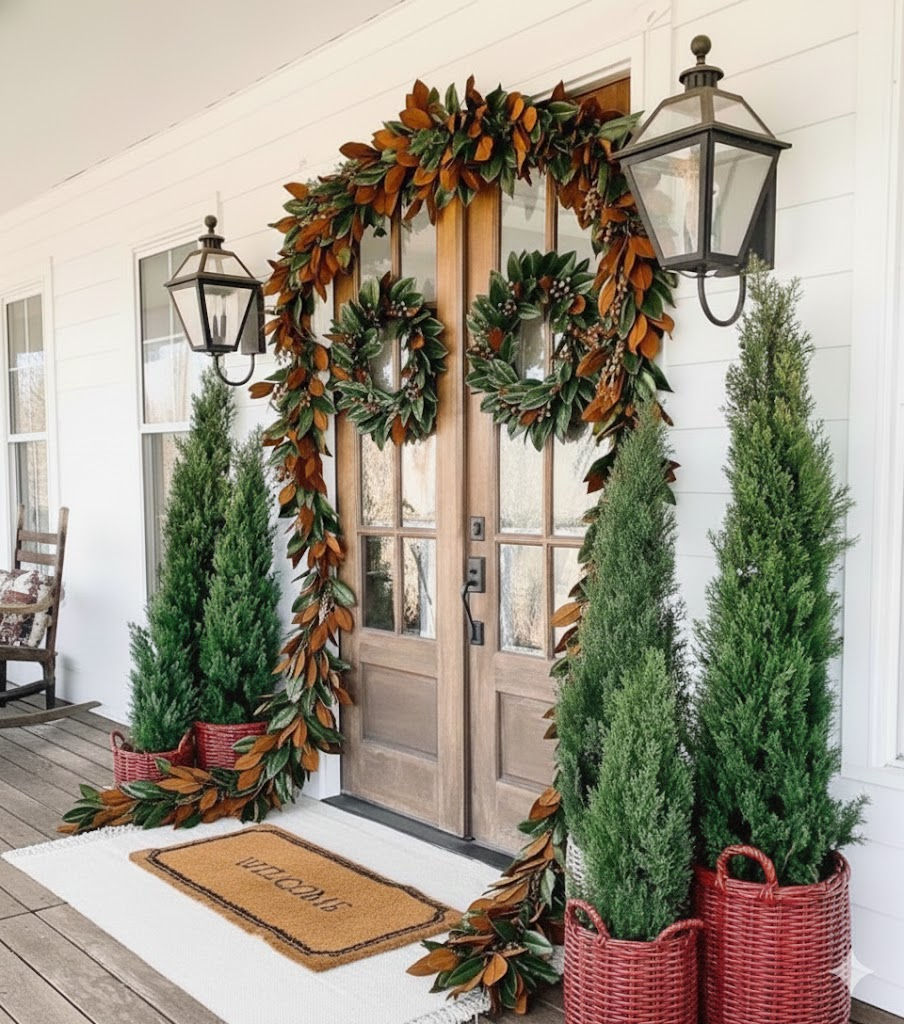General Information
Status in Florida: Naturalized (native to a small area of the Carolinas)
Native Habitat: Bogs and wet savannas with nutrient-poor, acidic soils.
Growing Zones: Can be grown outdoors in zones 7-10, but often grown as a houseplant or in a terrarium in other zones.
Size at Maturity: Up to about 6 inches in diameter, with traps typically reaching 1-1.5 inches long.
Phenology: Herbaceous perennial
Life Cycle: Perennial
Growth Rate: Slow
Growth Habit: Rosette-forming, low-growing
Bloom Season: Spring (produces small white flowers on a tall stalk)
Growth Requirements
Sunlight Requirements: Full sun (at least 6 hours)
Soil Texture: Nutrient-poor, acidic, and consistently moist. A mix of peat moss and sand is often used.
Soil pH: Acidic (around 4.5 - 5.5)
Moisture Requirements: Wet to moist. Requires consistently moist soil and high humidity.
Tolerance to Salt Spray: None
Landscape Considerations
Recommended Landscape Uses: Bog gardens, container gardens, terrariums, carnivorous plant collections.
Maintenance Tips: Keep the soil consistently moist with distilled water or rainwater. Avoid fertilizing (they get nutrients from insects). May need dormancy period in winter.
Considerations: Carnivorous plant that traps insects with its hinged leaves. May need supplemental feeding with small insects if grown indoors.
Pet Safe: Generally considered non-toxic to pets.
Deer and Rabbit Resistance: N/A (not typically an issue in its native habitat or when cultivated)
Historical Medicinal Uses: Some limited traditional medicinal uses, but not well-established.
Wildlife Benefit: Helps control populations of small insects.
Propagation: Seed, leaf cuttings, division
DO NOT COLLECT FROM THE WILD! These are lab culture grown to support sustainability.
top of page
Amelia's Native Wildflowers, LLC | Nassau County's Native Plant Nursery
Free Shipping on orders over $85 | COUPON CODE: WREATHS |
$12.00Price
Sales Tax Included |
Customers Also View
Your content has been submitted
Your content has been submitted
Your content has been submitted
Your content has been submitted
bottom of page































